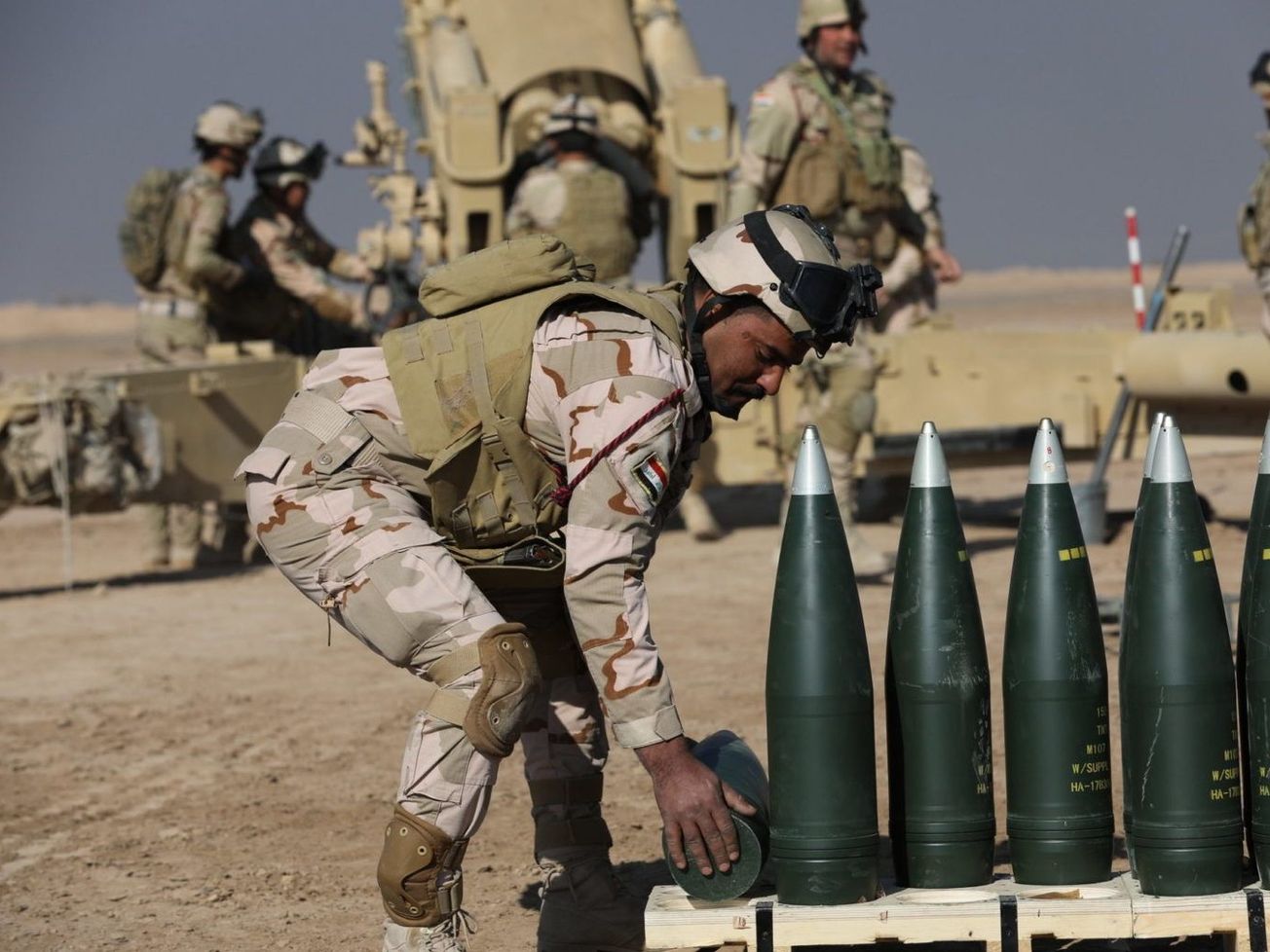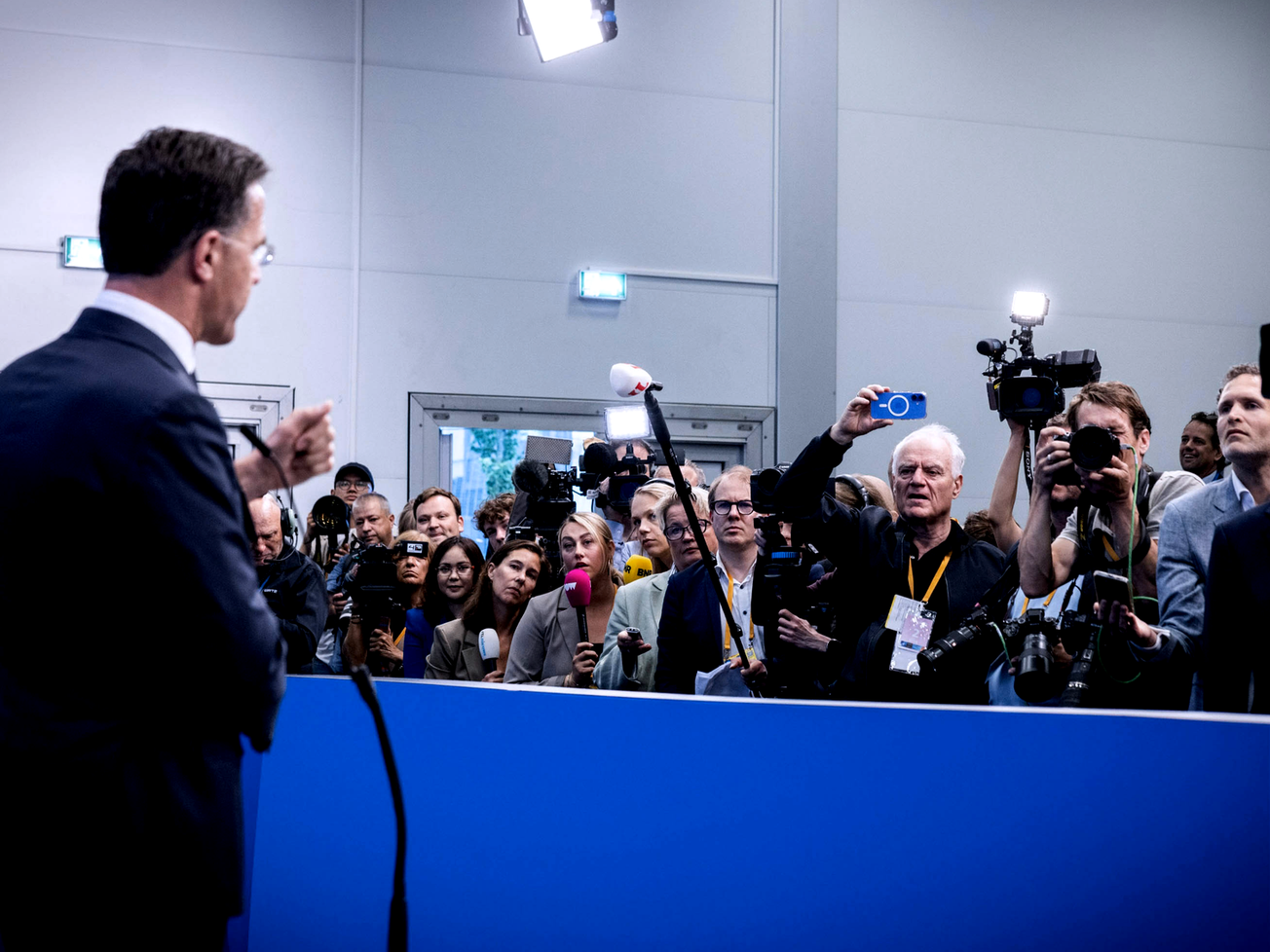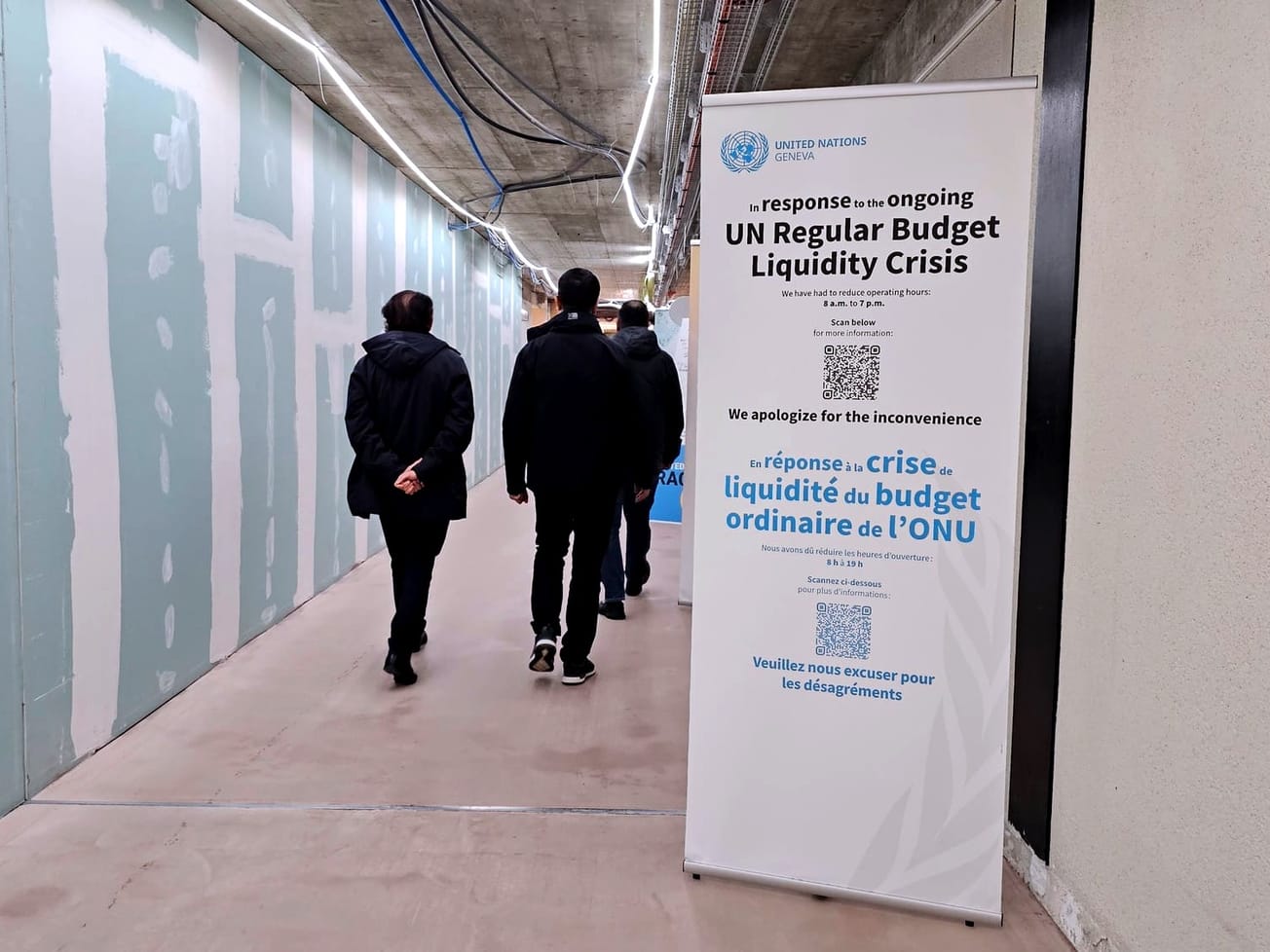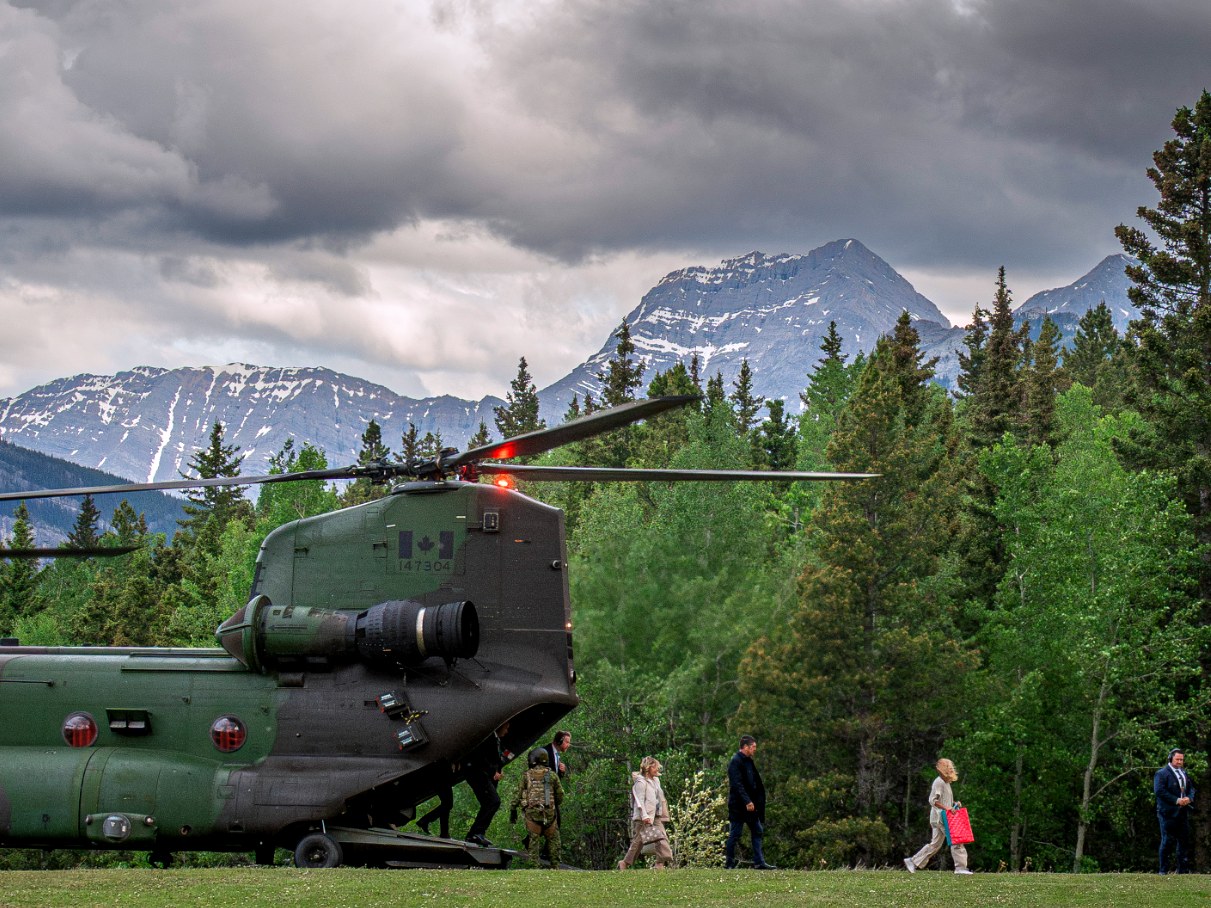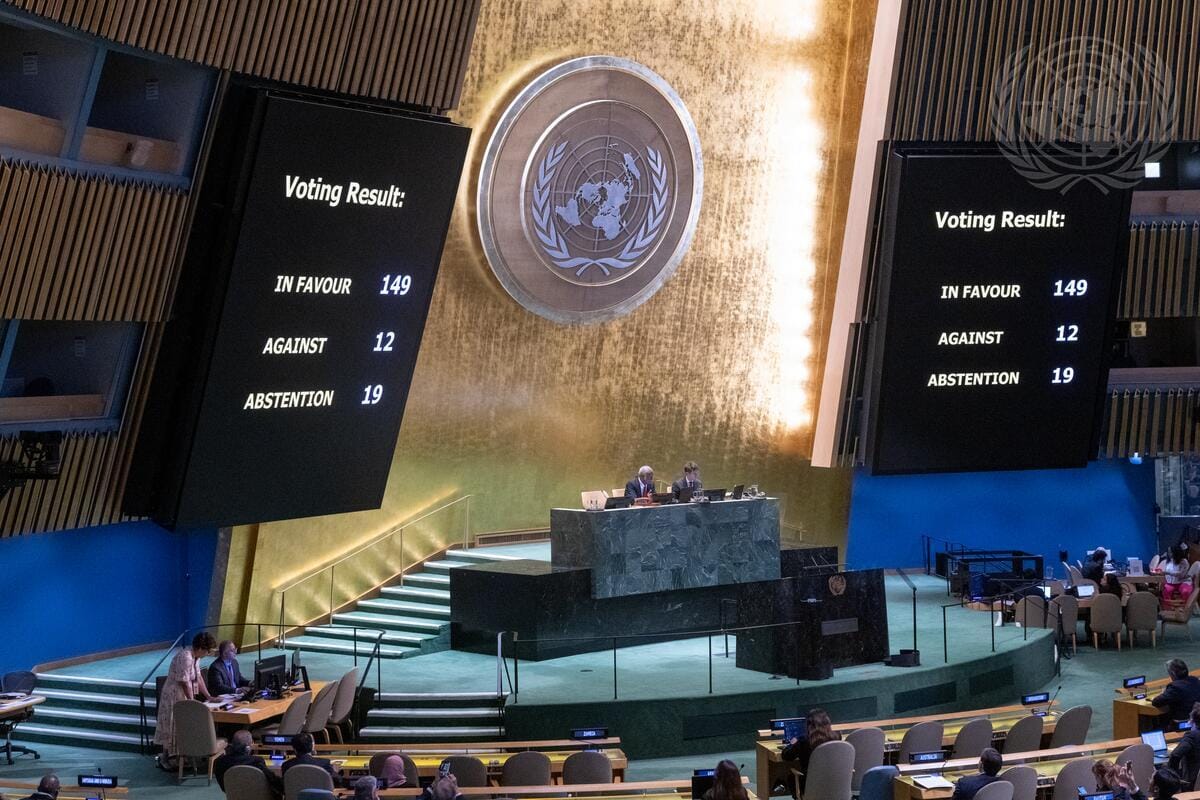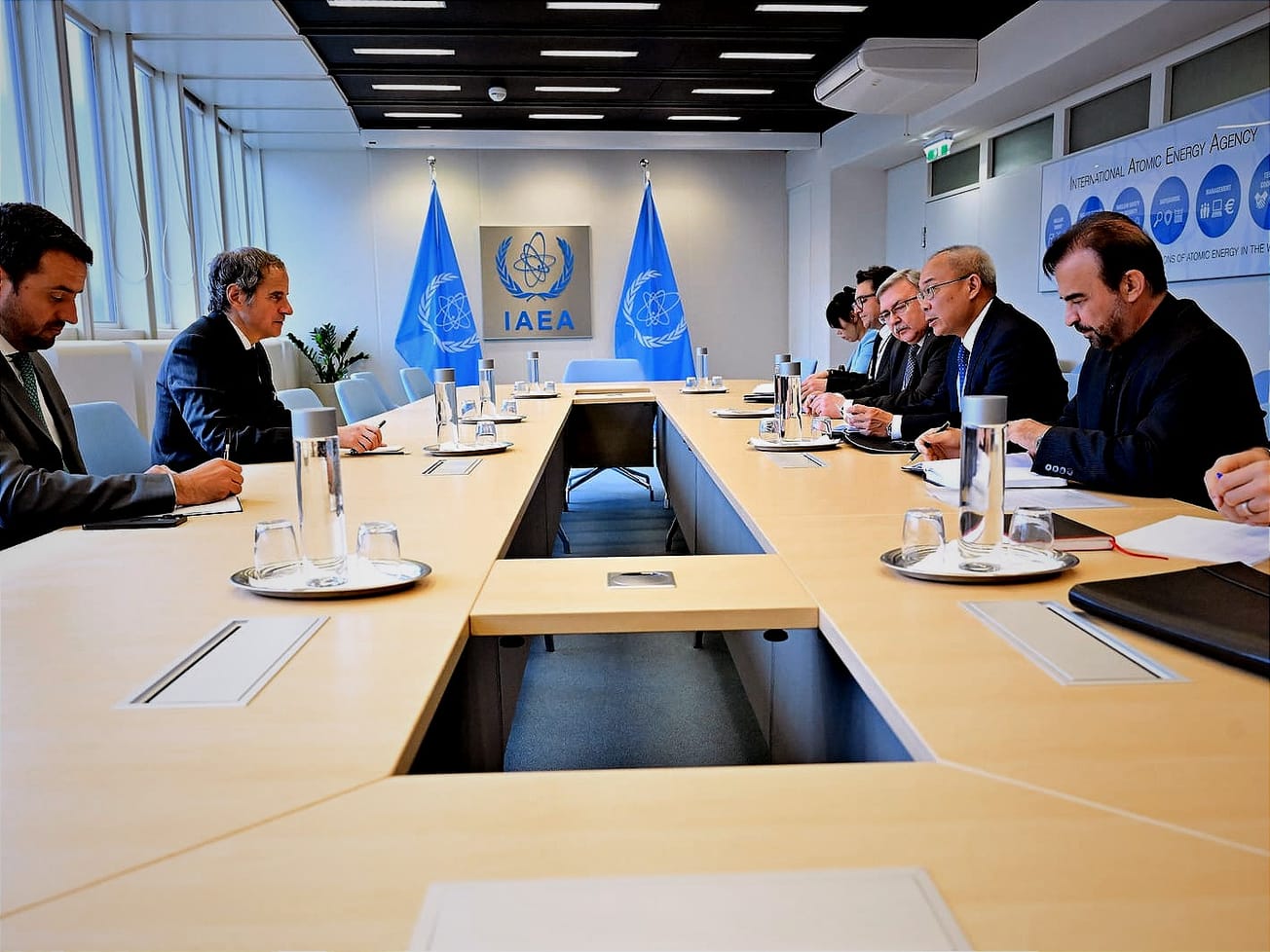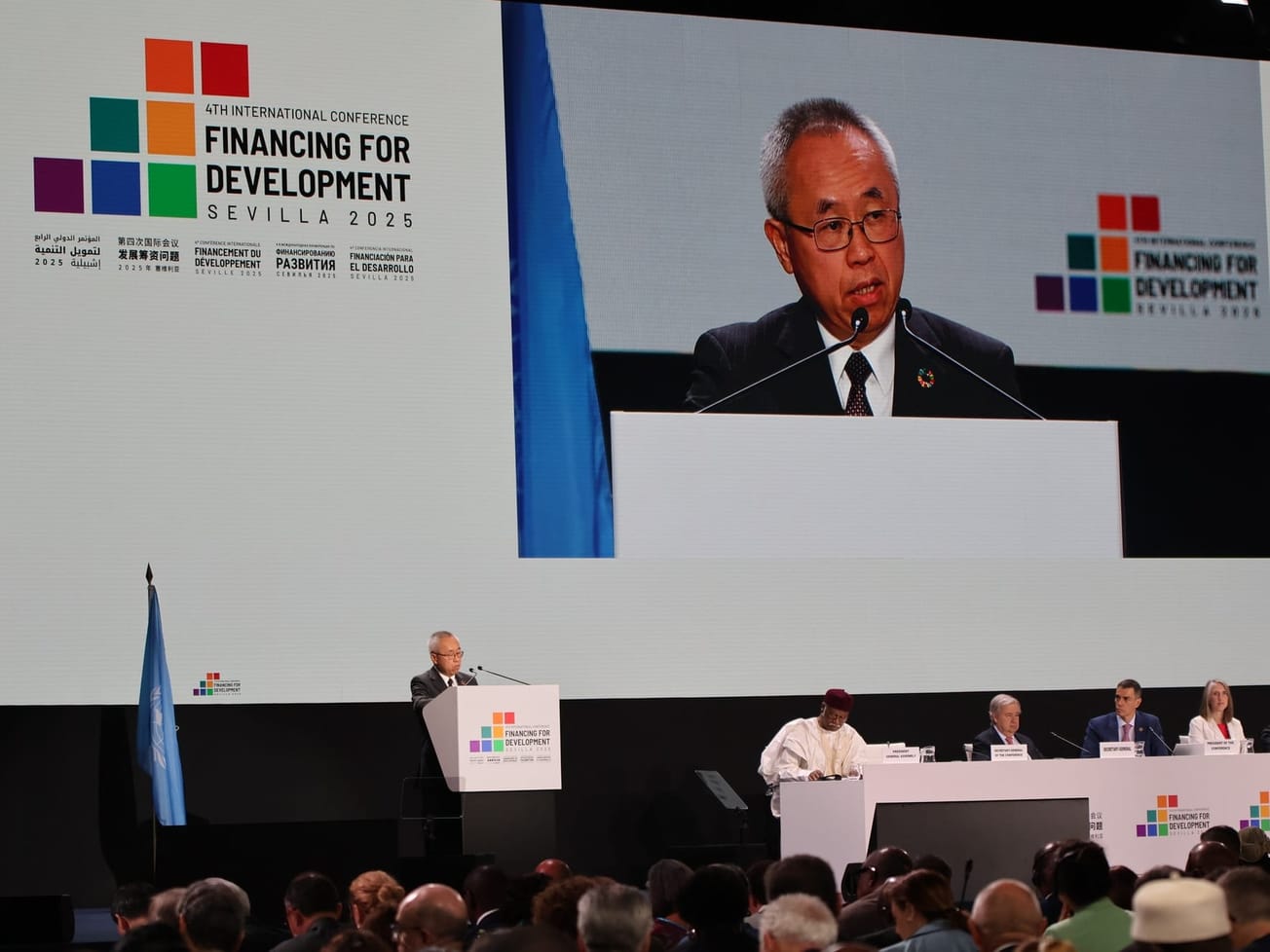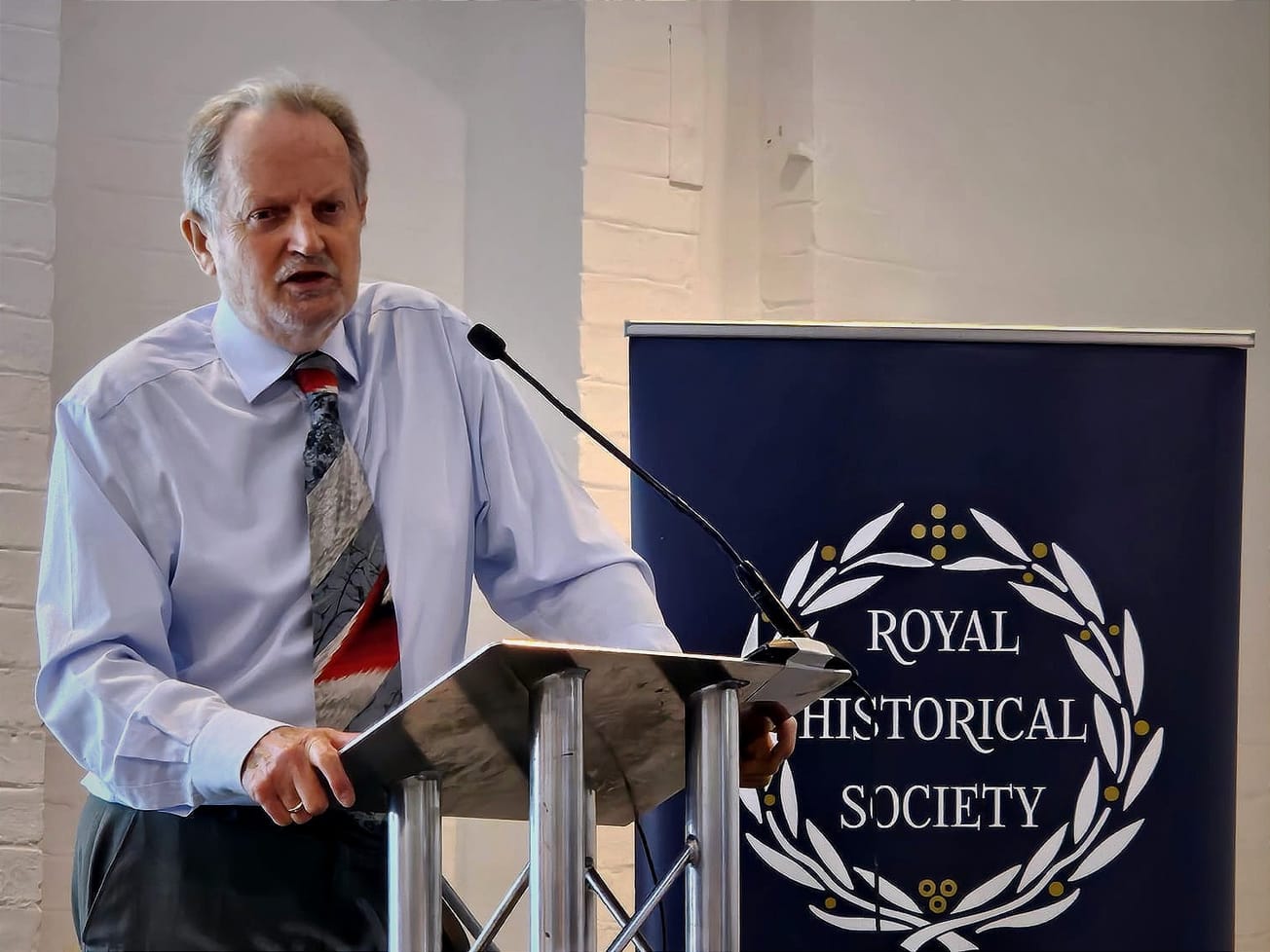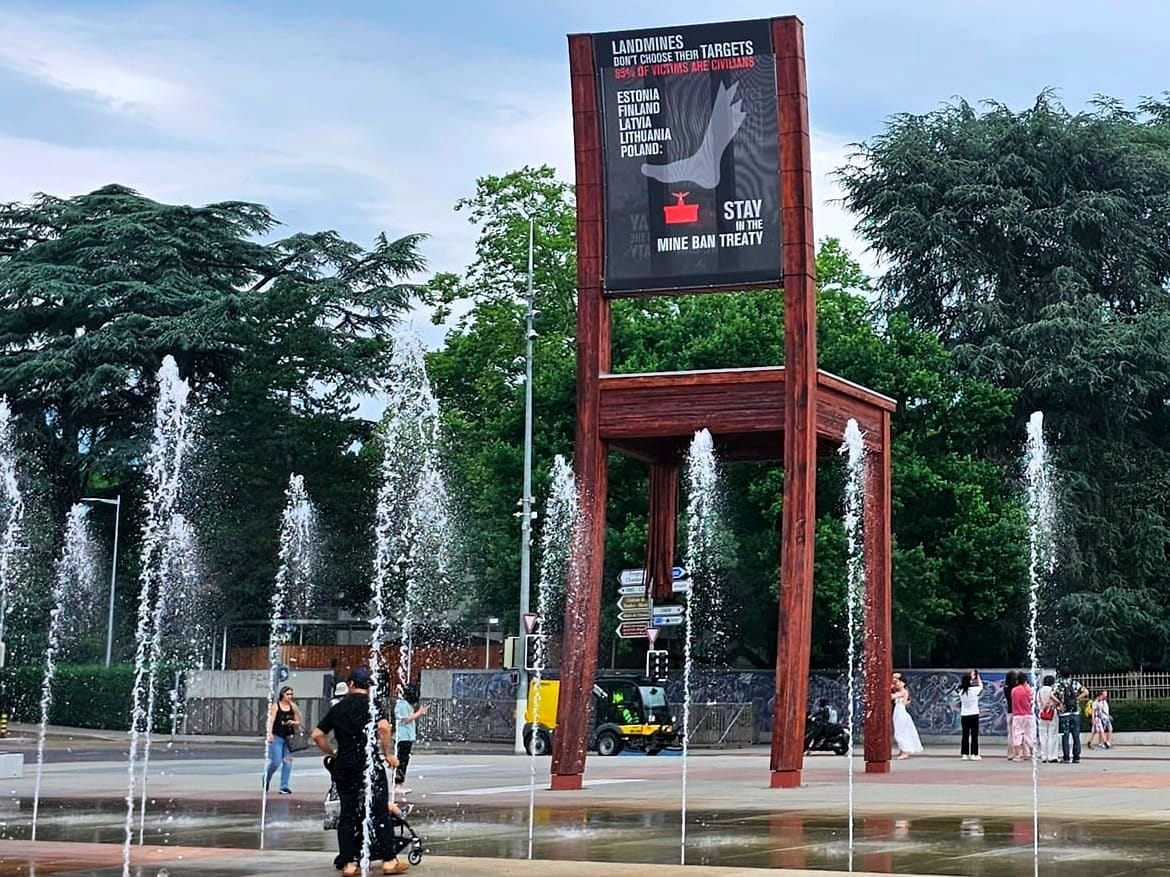GENEVA (AN) — Almost 5 million children in Syria have known nothing but war while another 1 million were born as refugees into a harsh life, UNICEF reported on Sunday, marking the start of the devastating conflict's 1oth year.
The U.N. children's agency and other United Nations officials pointed to the grim milestone as a reminder of the urgent need to end the war that began in March 2011. Yet the international community remains unable or unwilling to stop a "deepening" conflict that has cost hundreds of thousands of lives and uprooted millions more, according to the U.N. special envoy to Syria, Geir Pedersen.

